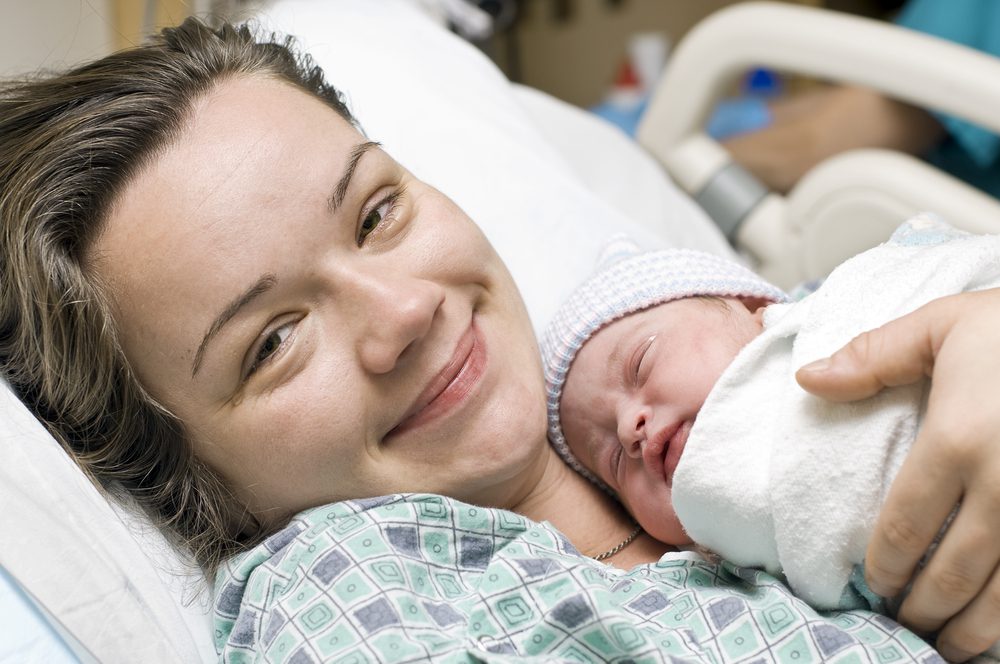Introduction
It is a wonderful and profound experience to welcome a new life into the world, but it can also bring about major changes and challenges, especially for first-time mothers. In the chaos of taking care of a newborn, it’s important to understand the range of emotions that can accompany the postpartum phase. Understanding and treating maternal mental health is crucial, from the common but transient “baby blues” to the more serious condition of postpartum depression (PPD). In this blog, we’ll examine the subtleties of postpartum depression and the baby blues, as well as methods for promoting new mothers’ mental health during this period of profound change.
Understanding Baby Blues: For many new mothers, the baby blues are a common occurrence, usually happening in the first two weeks following childbirth. The baby blues, which are characterized by mood swings, irritability, tearfulness, and feelings of overwhelm, are frequently linked to changes in hormone levels, lack of sleep, and the enormous adjustments that come with becoming a mother. Even though they can be upsetting, baby blues are usually fleeting and go away without help. Giving new mothers opportunities for self-care, reassurance, and useful support can make this transitional time easier for them to handle.

Recognizing Postpartum Depression (PPD): Postpartum depression affects about 1 in 8 women after giving birth and is a more serious and long-lasting mental health condition than baby blues. Prolonged depressive, hopeless, anxious, irritable, tired, losing interest in activities, changes in appetite, and trouble bonding with the baby are some of the symptoms of post-traumatic stress disorder (PPD). Early identification and intervention are essential for the best results because PPD can have a substantial negative impact on a mother’s capacity to care for both herself and her child.
Factors Contributing to PPD: A mix of biological, psychological, and social factors can lead to postpartum depression. PPD can develop as a result of hormonal imbalances, genetic predisposition, past experiences with anxiety or depression, traumatic childbirth, lack of support, sleep deprivation, and stressors like relationship or financial difficulties. Acknowledging these risk factors and offering customized interventions and support can help lessen the negative effects of PPD on the mental health of new moms.
Supporting New Moms’ Mental Wellbeing: It takes a multimodal approach to support new mothers’ mental health, taking into account their physical, emotional, and social needs. In addition to educating mothers about maternal mental health and connecting them with appropriate resources and support services, healthcare providers are essential in the screening process for postpartum depression (PPD) during prenatal and postnatal visits. PPD recovery can also be aided by fostering a supportive environment in families and communities where moms feel understood, validated, and encouraged to seek assistance.
Promoting Self-Care and Coping Strategies: Promoting coping mechanisms and self-care is essential to assisting new mothers’ mental health. This could entail making getting enough sleep and rest a top priority, eating a balanced diet, exercising gently, using relaxation methods like deep breathing or mindfulness, and looking for opportunities to connect with people and receive emotional support. By helping new mothers with childcare, housework, and errands, you can lessen their workload and free up more time for self-care and recuperation.
Destigmatizing Maternal Mental Health: Encouraging candid conversations, increasing awareness, and encouraging early intervention all depend on eradicating the stigma associated with maternal mental health. Through normalizing conversations about postpartum depression, baby blues, and other perinatal mood disorders, we can foster a safe space where mothers feel empowered to ask for assistance without feeling ashamed or judged. Timely access to care and improved outcomes for affected mothers and their families can be achieved by educating healthcare providers, families, and communities about the signs and symptoms of post-traumatic stress disorder (PTSD) and the significance of early intervention.
Seeking Professional Support: It is imperative that moms who are experiencing severe distress or symptoms of postpartum depression seek professional assistance. Therapists, counselors, and psychiatrists, among other mental health professionals, can offer evidence-based treatments like cognitive-behavioral therapy (CBT), interpersonal therapy (IPT), medication, or a customized combination of approaches. Moms overcoming the difficulties of postpartum depression can also benefit greatly from the encouragement, validation, and helpful guidance provided by peer support groups, internet forums, and hotlines.

Conclusion
It takes a team effort involving healthcare systems, families, communities, and society at large to support the mental health of new mothers. We can foster a supportive environment where new mothers feel empowered, validated, and resilient by acknowledging the range of emotions experienced during the postpartum period, distinguishing between postpartum depression and baby blues, and putting strategies into place to support self-care, coping, and early intervention. By working together, we can eliminate the stigma associated with maternal mental health and make sure that all mothers have access to the tools and resources they need to thrive during the life-changing experience of motherhood.


